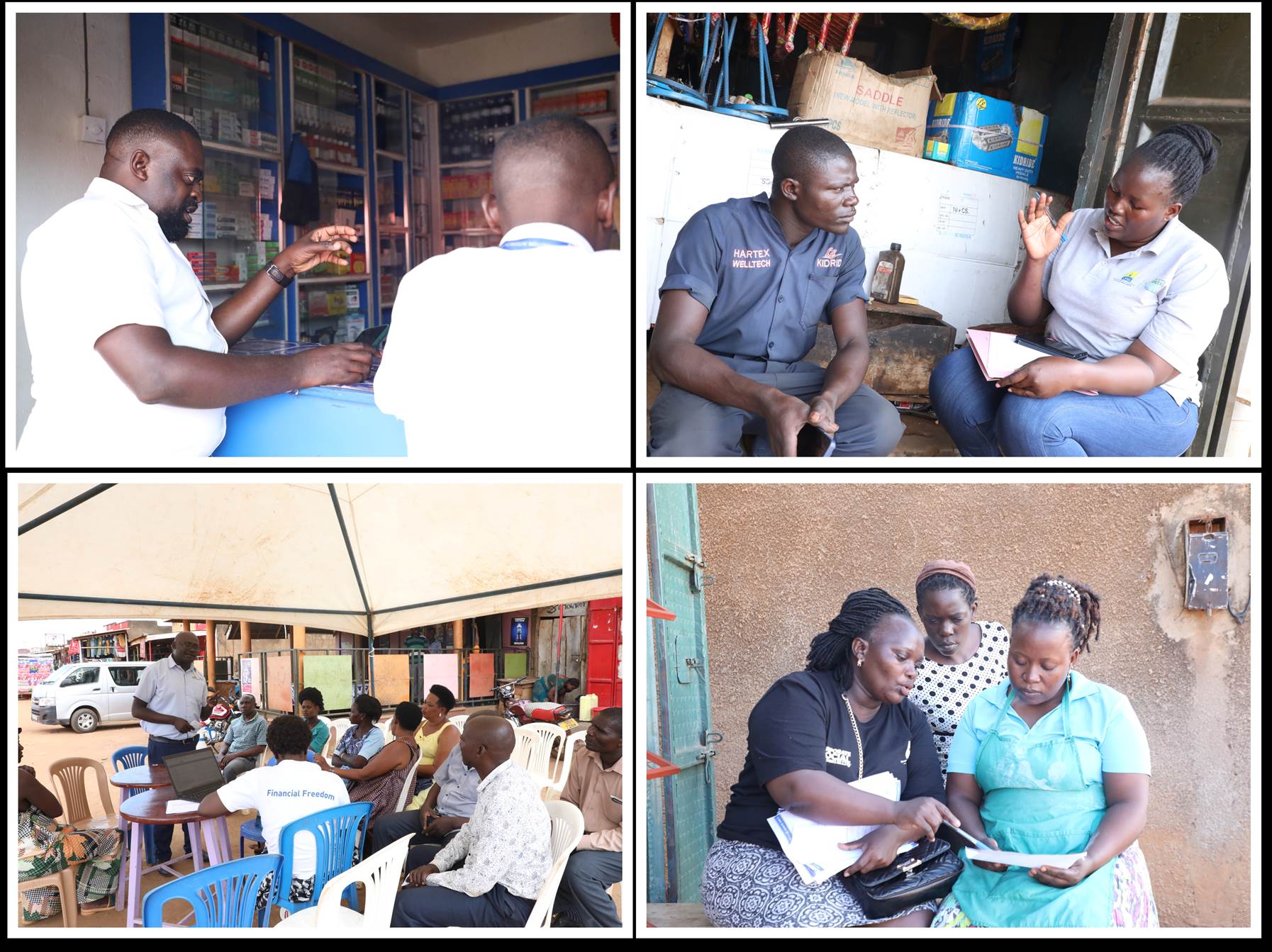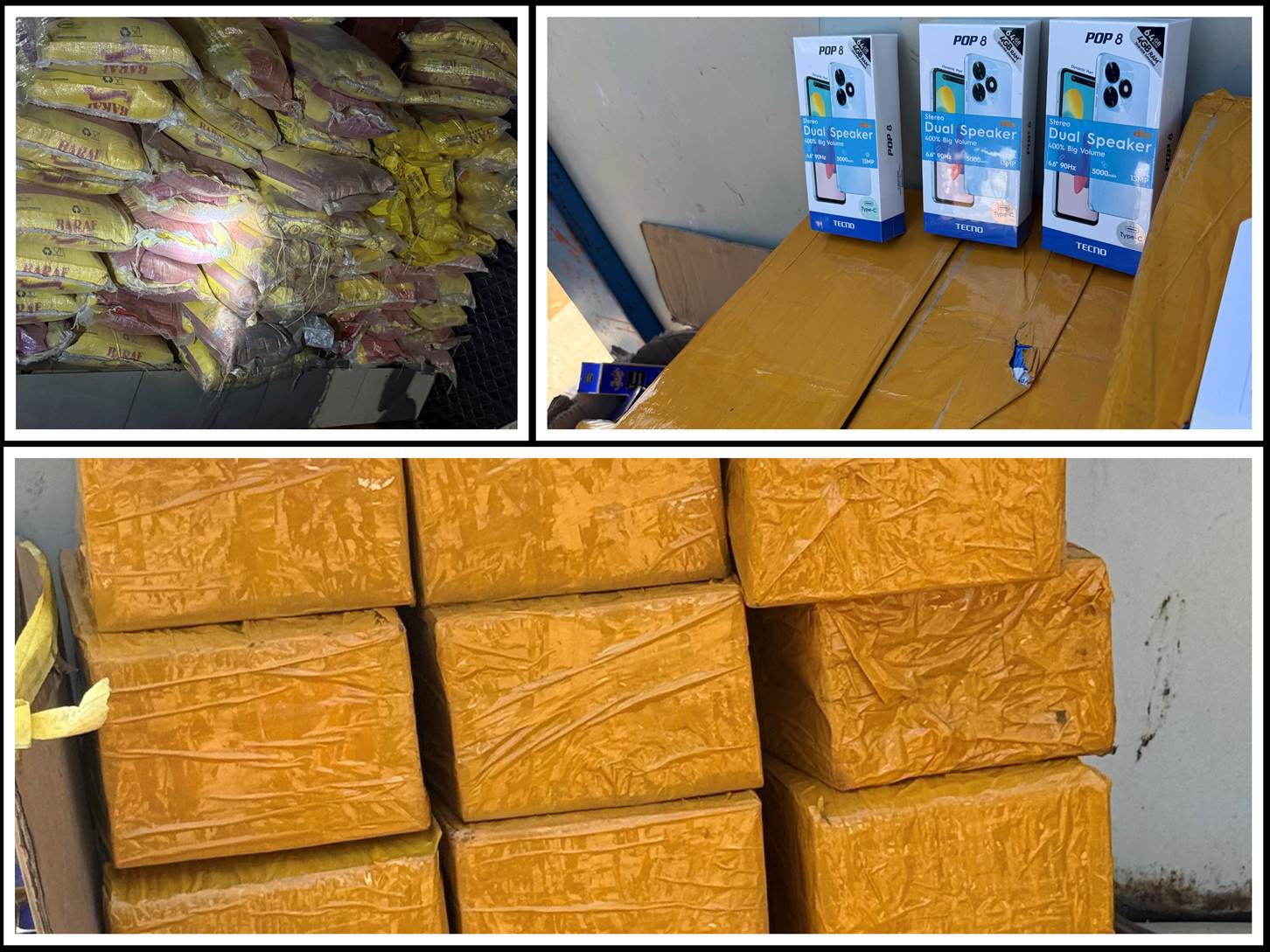By Joshua Niyonshima
The anti-corruption court presided over by justice Okuo Jane Kajuga has upheld the 8-year prison term handed down to accountant Wabyona Jackson Rubanjwa for committing tax fraud.
This comes after his appeal against the judgment rendered in November 2022 by His Worship Nabende Moses, Principal Magistrate Grade 1 of the Anti-Corruption Court.
Following inquiries into the tax concerns of businesses that were suspected of engaging in bogus supplies, URA’s intelligence team was able to apprehend Wabyona, a 40-year-old resident of Lumuli Zone Goma Division in Mukono District. He later entered a guilty plea to four counts of providing a tax officer with false information and using a bogus TIN for fictitious goods.
In his Plea, URA’s counsel, Lomuria Thomas Davies asked court to strongly penalize Wabyona saying this will deter other aspiring criminals from thinking of the same.
Assistant Commissioner for Tax Investigations at the URA, Dennis Kateeba, advises taxpayers to keep their TINs safe to prevent instances of them being used by fraudsters.
“Don’t share your TIN password with anyone because someone might use your account for dubious transactions and land you into problems. All businessmen, are encouraged to have a keen interest in the affairs of their businesses and clients should minimize the use of cash payment systems because they don’t leave enough evidence to help explain their business transactions with URA,” he says.
He continues by warning businesses to desist from issuing fictitious invoices.
“Embrace the Electronic Fiscal Receipting and Invoicing Solution (EFRIS) because it enables you to track and validate business transactions in real time for efficient business management. The solution eliminates the risk of physical loss of tax invoices as transactional data or copies are digitally stored in the system,” Kateeba.
Ibrahim K. Bbossa Assistant Commissioner Public and Corporate Affairs URA advises taxpayers to utilize voluntary disclosure in case of such incidents.
“The taxpayer cansss disclose information related to tax liabilities, misstatements or omissions in their tax declarations to URA without being prompted by any action or threat of action by URA. It also covers persons engaged in income generating activities who are not yet registered or whose registration details are inaccurate,” he advises.










